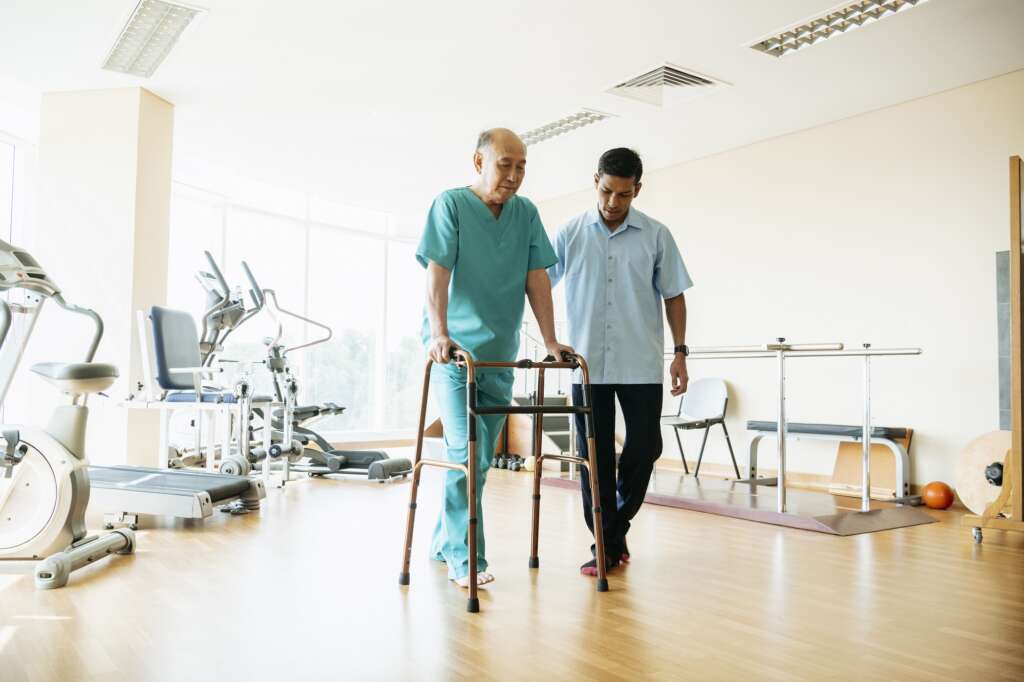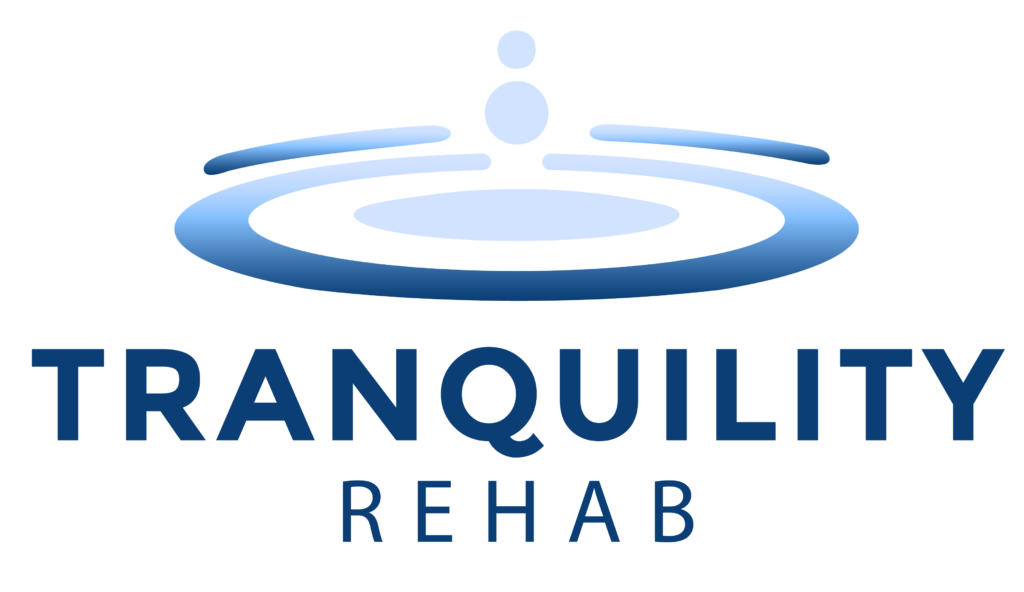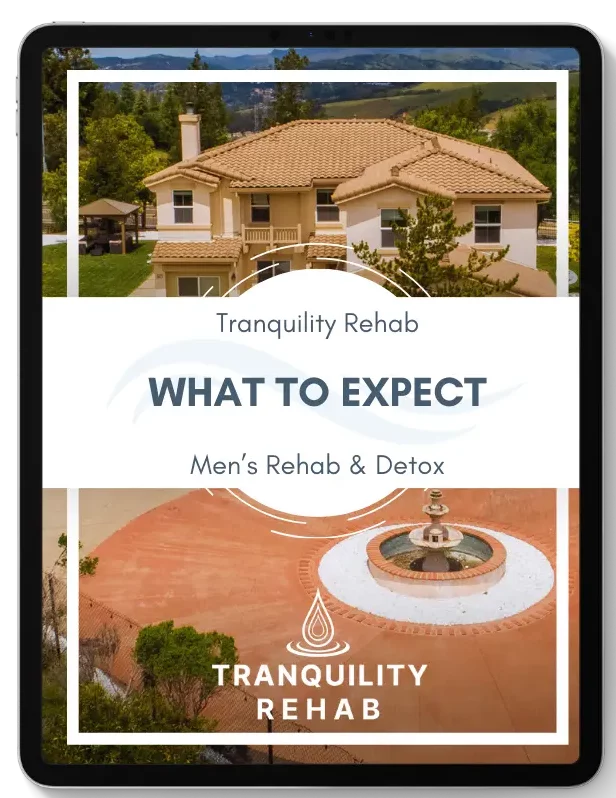Drug addiction is a persistent, frequently recurring illness marked by compulsive drug use. Drug addiction treatment in California can be done at rehab centers as well as at home.
When drugs are used repeatedly, the brain undergoes changes that frequently lead to drug addiction. Drug addiction can eventually result in a variety of issues with one’s physical and mental well-being, as well as issues with relationships, employment, and other aspects of one’s life. It is frequently treated with a mix of medicine, behavioral therapy, and encouragement from family, friends, and peer groups. But drug addiction can be overcome with the proper care and assistance.
What are the Programs for Drug Addiction Treatment in California?
Drug addiction cannot be cured, but there are options that can assist you in breaking the cycle of drug use. Your physical or mental health conditions, as well as the medication you used, will affect how you are treated. To prevent a return, it’s important to keep up with patients over time.
Treatment programs for substance use disorder usually offer:
Sessions in Individual, Group, or Family Therapy
A concentration on comprehending the nature of addiction, quitting using drugs, and avoiding recurrence in varying care levels and environments, including outpatient, residential, and inpatient programs, based on your needs
Therapy For Withdrawal
Detoxification, also called “detox” or “withdrawal therapy,” is meant to help you stop using the drug as quickly and safely as possible. It might be okay for certain persons to receive outpatient withdrawal therapy. Others could require admission to a medical facility or a residential therapy facility.

Drug Overdose
Emergency personnel or, in some areas, anyone who observes an opioid overdose can administer the drug naloxone in cases of opioid overdose. Naloxone briefly counteracts opioid medication effects.
The Use of Medicine in Treatment
Your healthcare professional might suggest medication as a component of your opioid addiction treatment after consulting with you. Although medications cannot cure opioid addiction, they can aid in recovery. These medications may lessen your opioid cravings and aid in keeping you from relapsing.
Behavioral Health
As part of a drug treatment program, a psychologist or psychiatrist may administer behavior therapy, a form of psychotherapy, or you may receive counseling from a certified alcohol and drug counselor. Counseling and therapy can be provided to a person, a family, or a group of people. The counselor or therapist can:
- Help you discover coping mechanisms for your drug cravings.
- Offer advice on how to stay away from drugs and prevent relapse.
- Give advice on how to handle a relapse if it happens.
- Discuss your occupation, any legal obstacles, and your personal relationships.
- Include family members to foster improved communication among them and to show them support.
- Address further mental health issues
Groups for Self-Help
However, not all self-help support groups adhere to the 12-step philosophy, which was first established by Alcoholics Anonymous. Drug and alcohol addiction treatment can be done with the help of groups for self-help.
The message of the self-help support group is that addiction is a chronic condition that can relapse. Self-help support groups can lessen the feelings of loneliness and shame that may trigger a relapse. You can get assistance finding a self-help support group from rehab centers near you. Additionally, there may be support groups in your neighborhood.
Ongoing Therapy
Even after you’ve finished your initial treatment, you can avoid relapsing by receiving continuing care and support. Follow-up care may take the form of routine group meetings, follow-up sessions with your counselor, or participation in a self-help program. If you relapse, get assistance right away.
Process of Rehabilitation
To aid people in recovering from physical, mental, or emotional diseases or disorders, rehabilitation often entails a thorough and tailored approach. While the precise steps and methods used in rehabilitation can vary depending on the needs and objectives of the individual, some typical elements of the process include:
- Assessment: A preliminary evaluation of the patient’s condition, medical background, and treatment requirements is carried out.
- Goals: Are defined for the rehabilitation process based on the assessment.
- Treatment Planning: A customized treatment plan is created, which may contain a variety of interventions like medicine, therapy, or assistive technology.
- Rehabilitation Therapies: A variety of treatments, including physical therapy, occupational therapy, speech therapy, and psychotherapy, may be utilized to aid the patient’s recovery.
- Aftercare: To assist the person in maintaining progress and avoiding relapse. Aftercare is frequently offered once a rehabilitation program is complete.
The goal of rehabilitation is to assist people to overcome obstacles to their physical, mental, or emotional well-being and enhance their overall quality of life.

Significance of Rehab Center
Rehab centers in Castro Valley play an important part in the healthcare system by offering specialized care and support to people suffering from addiction, mental health disorders, and other conditions that necessitate recovery. Drug addiction treatment in California is important in the following ways:
Access to Specialist Care: Our Rehab centers offer specialized care that may not be offered in other healthcare settings. Evidence-based treatments for addiction, mental health issues, and other diseases requiring rehabilitation are included.
Personalized Therapy: Drug Addiction Centers offer personalized treatment plans that are suited to each individual’s specific needs. This tailored approach guarantees that the treatment plan addresses the specific issues and aspirations of the client.
Multidisciplinary Approach: A team of healthcare professionals, including doctors, therapists, nurses, and other specialists, is frequently used at Rehab Centers to provide comprehensive care that covers all elements of an individual’s health and well-being.
Supportive Environment: Rehab Centers provide a supportive environment that promotes recovery and aids in the development of a peer, family, and friend support network.
Community Resources: Rehab Center frequently provide access to faction services such as job training, education. And housing aid to assist patients in maintaining their recovery and rebuilding their lives.
Conclusion
In conclusion, rehab centers play an important role in drug addiction treatment in California. Tranquility Rehab Center is offering specialized care, customized treatment plans. And a supportive environment that promotes recovery and general health and well-being for people.


